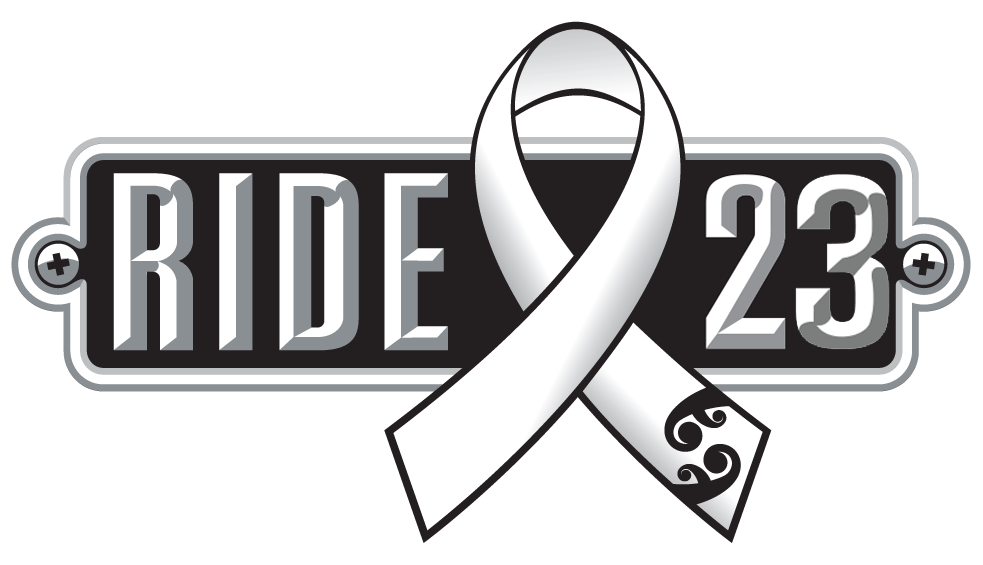Intervening in violent situations
Many people mistakenly believe that they have only two options in instances of actual or potential violence – intervene physically and possibly expose themselves to personal harm, or do nothing.
Abusive situations can be dangerous – stop and think before getting into them and keep your distance. Just by standing and making it clear you are watching says to the violent person that it’s not okay to be abusive. It also tells the person being abused that someone cares and she is important. When violence isn’t challenged, it leaves all of us feeling unsafe.
Things to do from a safe distance;
1. If you have a cellphone, call the police
2. Tell the violent person clearly that his actions are not okay.
3. Talk to the victim to help her feel safe.
4. Call on help from other people nearby.
5. Create a distraction to stop the violence.
6. Stand where the violent person can see that his actions are being witnessed.
(Note: The language here reflects situations involving a male perpetrator and female victim. We recognise of course that men too can be victims of violence while women can be perpetrators.)
Further responses may be appropriate depending on the situation.
- Where you come across a situation of violence in public or where other people are around, it can be useful to call out to the guy: “Hey, what are you doing?” “That’s not on.”
- Stick around to make sure the situation has cooled down. Ask what’s going on, “Is everything alright?”, or just be there. This can slow down what’s happening. Make the man feel noticed, and offer practical assistance to the woman.
- Talk to the woman – at some point – and let her know you saw what was going on and you’re willing to help her. When he calms down, either on the scene or later if you can, talk to him and tell him that what you witnessed was not okay, and he needs to get some help. If the abuser is someone you know, you could discuss the situation with some of his other friends and, together, decide on a course of action. Community and government agencies can help.
- Become familiar with services available in your area. Find out the contact details for your local services. The family violence helpline 0800 456 450 or www.areyouok.org.nz is a good starting point for advice and information.





